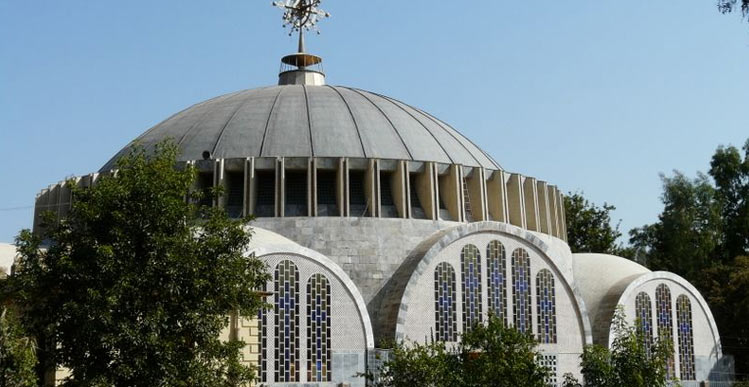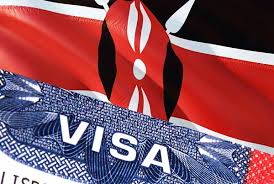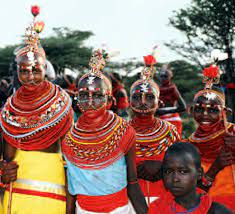Overview
The African kingdom of Axum (also Aksum), located on the northern edge of the highland zone of the Red Sea coast, just above the horn of Africa, was founded in the 1st century CE, flourished from the 3rd to 6th century CE, and then survived as a much smaller political entity into the 8th century CE. The territory Axum once controlled is today occupied by the states of Ethiopia, Eritrea, Djibouti, Somalia, and Somaliland. Prospering thanks to agriculture, cattle herding, and control over trade routes which saw gold and ivory exchanged for foreign luxury goods, the kingdom and its capital of Axum built lasting stone monuments and achieved a number of firsts. It was the first sub-Saharan African state to mint its own coinage and, around 350 CE, the first to officially adopt Christianity. Axum even created its own script, Ge’ez, which is still in use in Ethiopia today. The kingdom went into decline from the 7th century CE due to increased competition from Muslim Arab traders and the rise of rival local peoples such as the Bedja. Surviving as a much smaller territory to the south, the remnants of the once great kingdom of Axum would eventually rise again and form the great kingdom of Abyssinia in the 13th century CE.
Best Time to Visit
Like most of Northern Ethiopia, you can visit and enjoy Axum anytime of the year apart from during the rainy season, which is roughly between the months of May and September.
Getting There
Buses from Addis Ababa take a minimum of three days to travel via Dessie and Mekele. It is a very taxing ride over rough roads. From Gondar, take the dawn bus to Shire (aka Inda Silasie) and change there for Axum – you can get through in a day.
Activities
- Northern Stelae Field
- Arabtu Ensessa Church
- St Mary of Zion Churches Complex
- Abba Pentalewon
- Ark of the Covenant Chapel
Uniqueness
Every time I watch a video clip on Ethiopia, I end up thinking “Do they stand out or what?” and I have a very good reason to come to that conclusion every single time. It turns out, Ethiopia is the only African nation to escape the clutches of colonisation. The country was never colonised which means, everything that is Ethiopian is as unique as they come, be it people, culture, food, language and even alphabet









